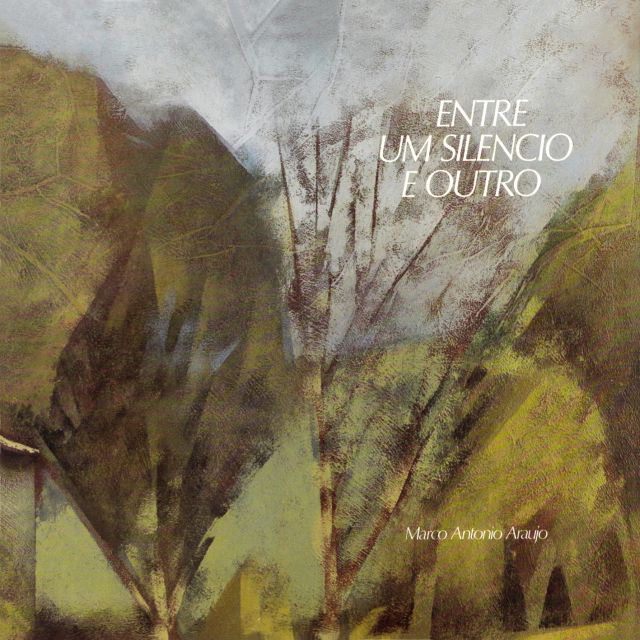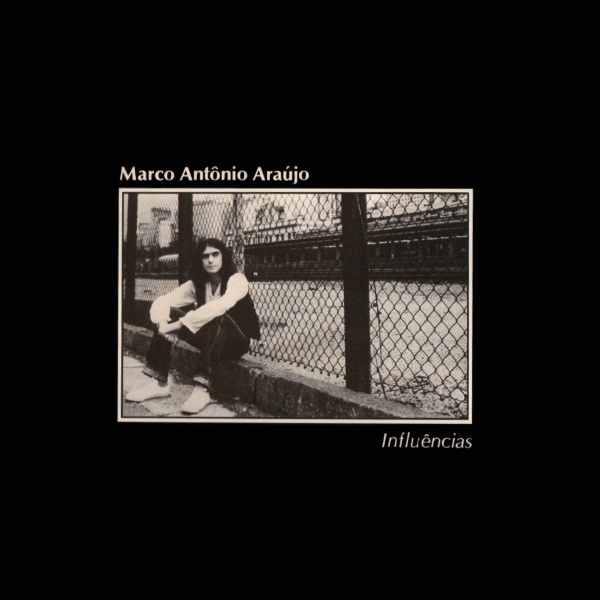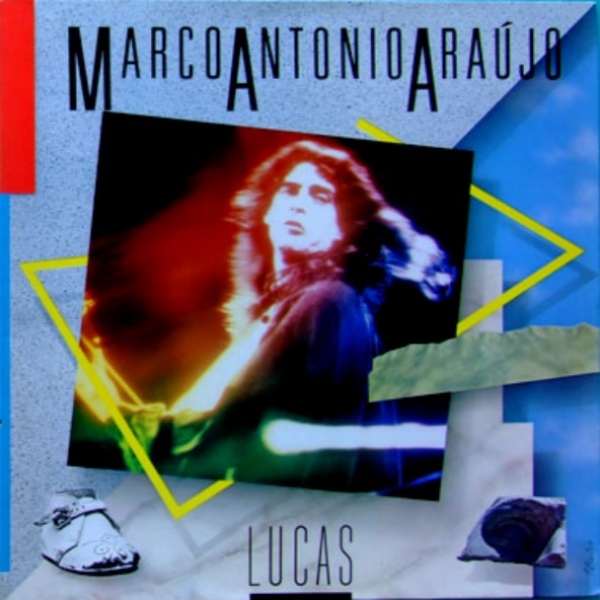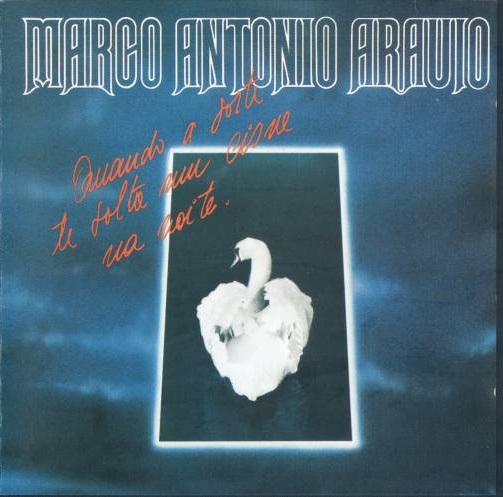
Exposé Online
What's old
Exposé print issues (1993-2011)
- 1 (October 1993)
- 2 (February 1994)
- 3 (May 1994)
- 4 (August 1994)
- 5 (October 1994)
- 6 (March 1995)
- 7 (July 1995)
- 8 (November 1995)
- 9 (March 1996)
- 10 (August 1996)
- 11 (February 1997)
- 12 (May 1997)
- 13 (October 1997)
- 14 (February 1998)
- 15 (July 1998)
- 16 (January 1999)
- 17 (April 1999)
- 18 (November 1999)
- 19 (May 2000)
- 20 (October 2000)
- 21 (March 2001)
- 22 (July 2001)
- 23 (December 2001)
- 24 (April 2002)
- 25 (September 2002)
- 26 (February 2003)
- 27 (August 2003)
- 28 (December 2003)
- 29 (April 2004)
- 30 (September 2004)
- 31 (March 2005)
- 32 (September 2005)
- 33 (May 2006)
- 34 (March 2007)
- 35 (January 2008)
- 36 (October 2008)
- 37 (July 2009)
- 38 (July 2010)
- 39 (Summer 2011)
Reviews
Marco Antonio Araujo — Entre um Silencio e Outro
(Progressive Rock Worldwide PRW 015, 1983/1994, CD)
Marco Antônio Araújo — Influências
(Progressive Rock Worldwide PRW 013, 1982/1994, CD)
Marco Antônio Araújo — Lucas
(Progressive Rock Worldwide PRW 016, 1984/1994, CD)
Marco Antonio Araujo — Quando a Sorte Te Solta um Cisne na Noite
(Progressive Rock Worldwide PRW 014, 1983/1994, CD)
by Alan K. Lipton, Published 1995-07-01




Marco Antônio Araújo was an accomplished Brazilian cellist/acoustic guitarist, much inspired by classical music. What strikes me in Araújo's work is the seemingly intemporal melodies rendered with a serene emotion. The arrangements are thoughtful, with plenty of flute and cello, while the guitar, be it acoustic nylon- or steel-stringed, links all components into a colorful bouquet. A strong acoustic atmosphere permeates his compositions, as one can expect from a line-up consisting mainly of acoustic guitar, cellos, and flute, with occasional bass, drums and keyboards. At the age of 22, after spending two years in London in 1970, Araújo came back to Brazil to study classical music, namely acoustic guitar and cello, ending his studies with a position as cellist in Minas Gerais' Symphonic Orchestra, a work he never left while working on his own material. He thus made four albums. Globally, his music will appeal to listeners having an ear for classical material. The music is gracefully flowing. Araújo died in June of 1986 from cerebral aneurism, at the age of 36. He was scheduled to receive the prize of Best Instrumental Music of the Year a month later. He used to say: "... to escape from the bland commercialism and the lack of space for instrumental music on the radio, all that's needed is lots of persistence, competence and hard work, because quality surpasses lack of marketing." His last album bears the name of his son, Lucas. Here is a chronological overview of his four albums, now re-edited on PRW with additional tracks on each of them.
This first album, Influências, blends somewhat more of a folk touch in the melodies and arrangements. There is also a definite horn presence. Lots of steel string acoustic, lots of flute. Some electric guitar here and there exchanging lines with the flute, along with the mandatory cellos, coloring the quieter moments. As with the other Araujo discs, the feeling is generally of an upbeat nature, while the quiet pieces lends themselves to a sweet melancholy. The bright moments here are mainly supported by bass and drums. Recommended to listeners with an ear for things folk.
On When Luck Releases a Swan in the Night (Quando a Sorte...) we find a broader array of styles. Here again, some of the pieces are over the ten-minute range, lead mostly by the flute, with a more persistent presence of the cellos, bringing warmth and depth with their sweet melodies. This album is a good entry point in Araújo's work.
On Between a Silence and Another (Entre um Silencio e Outro) the pieces de resistance are the two "Fantasias." They are compositions of chamber music, each clocking at more than 20 minutes, featuring classical guitar with flute, two cellos, and very occasional percussion. For those of you who liked Isildurs Bane's quieter moments off "The Voyage..." (for instance, the "Picassiette" suites), you will be pleased by the thoughtful, tranquil pieces of classical inspiration that are the "Fantasia No. 2" and "Fantasia No. 3." The rhythm is slow, with occasional silent pauses. Deep cello parts gives a dramatic approach, while the flute expresses clear harmonies, a certain serenity. All in all, a beautiful and mature work, expressively well-played, that will appeal to any listener with an ear leaning towards classical music. Under these auspices I strongly recommend Entre um Silencio e Outro.
Lucas is another very good sample of Araujo's work. It features both a rhythmically approach with bass and drums, as well as quieter passages towards the end of the album. The opening piece, the 16:45 "Lembrancas" ("Rememberings") slowly evolves through a cello riff to a dynamic, full-band setting while "Lucas" is a short textural work featuring nylon-string guitar and synth, which can remind somewhat of Fuhrs and Frohling's Ammerland. "Para Jimmy Page" is a steel-string guitar solo piece that makes a bridge between the previous symphonic work and the upcoming quieter moments featuring the nylon-stringed guitar and a mandatory classical approach as in "Brincadeira" and "Cavaleiro," guitar-flute duets. In fact, the last three pieces of Lucas are more evocative of the serenity found in Entre um Silencio... "Gymnopedie III," which closes the album, is a sweet melancholic piece with a cello theme, an adaptation of an Eric Satie composition intended originally for solo piano. Lucas comes also highly recommended as an excellent sampler of Araújo's work, a great musician whose work should not remain unknown to the world at large. Rest in peace, Marco.
Filed under: Reissues, Issue 7, 1994 releases, 1983 recordings, 1982 recordings, 1984 recordings
Related artist(s): Marco Antônio Araújo
What's new
These are the most recent changes made to artists, releases, and articles.
- Review: LeoNero - Monitor
Published 2026-03-04 - Review: Sterbus - Black and Gold
Published 2026-03-03 - Release: Janel Leppin's Ensemble Volcanic Ash - Pluto in Aquarius
Updated 2026-03-02 15:06:51 - Release: Janel Leppin - Slowly Melting
Updated 2026-03-02 15:05:27 - Release: Alister Spence - Always Ever
Updated 2026-03-02 15:04:11 - Release: Let Spin - I Am Alien
Updated 2026-03-02 15:02:41 - Review: Falter Bramnk - Vinyland Odyssee
Published 2026-03-02 - Review: Exit - Dove Va la Tua Strada?
Published 2026-03-01 - Review: Steve Tibbetts - Close
Published 2026-02-28 - Release: We Stood Like Kings - Pinocchio
Updated 2026-02-27 19:24:02 - Release: Stephen Grew - Pianoply
Updated 2026-02-27 19:20:11 - Release: Thierry Zaboitzeff - Artefacts
Updated 2026-02-27 00:16:46 - Review: Kevin Kastning - Codex I & Codex II
Published 2026-02-27 - Release: Zan Zone - The Rock Is Still Rollin'
Updated 2026-02-26 23:26:09 - Release: The Leemoo Gang - A Family Business
Updated 2026-02-26 23:07:29 - Release: Ciolkowska - Bomba Nastoyashchego
Updated 2026-02-26 13:08:55 - Review: Immensity Crumb - Chamber Music for Sleeping Giants
Published 2026-02-26 - Release: The Gatekeepers - Diary of a Teenage Prophet
Updated 2026-02-25 15:55:58 - Review: Mars Lasar - Grand Canyon
Published 2026-02-25
